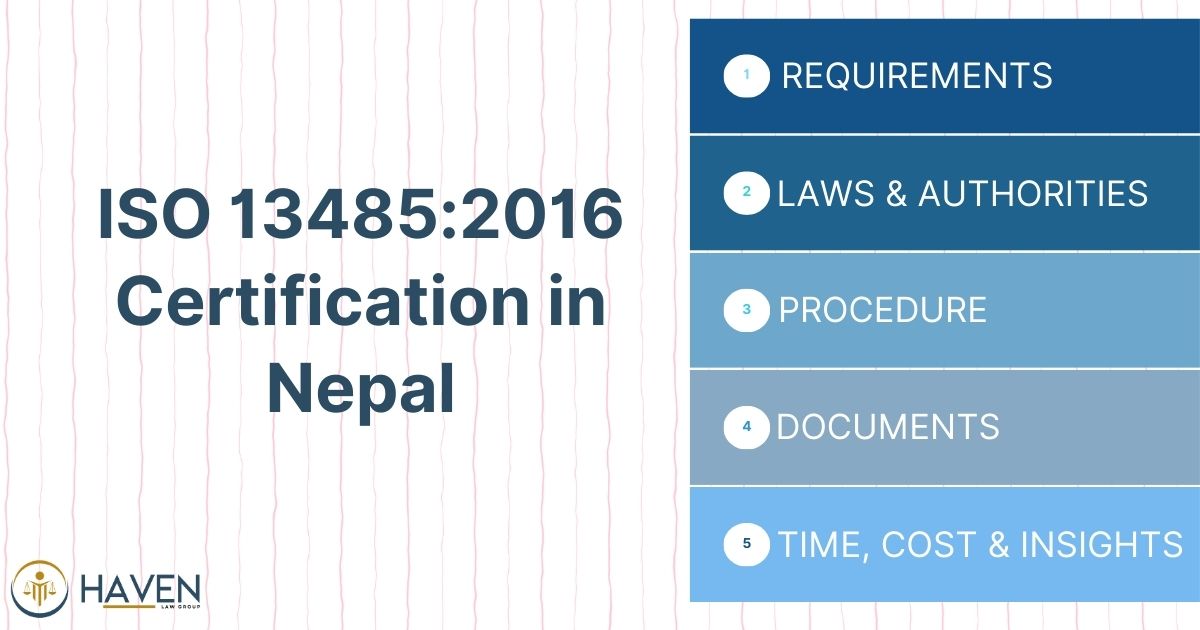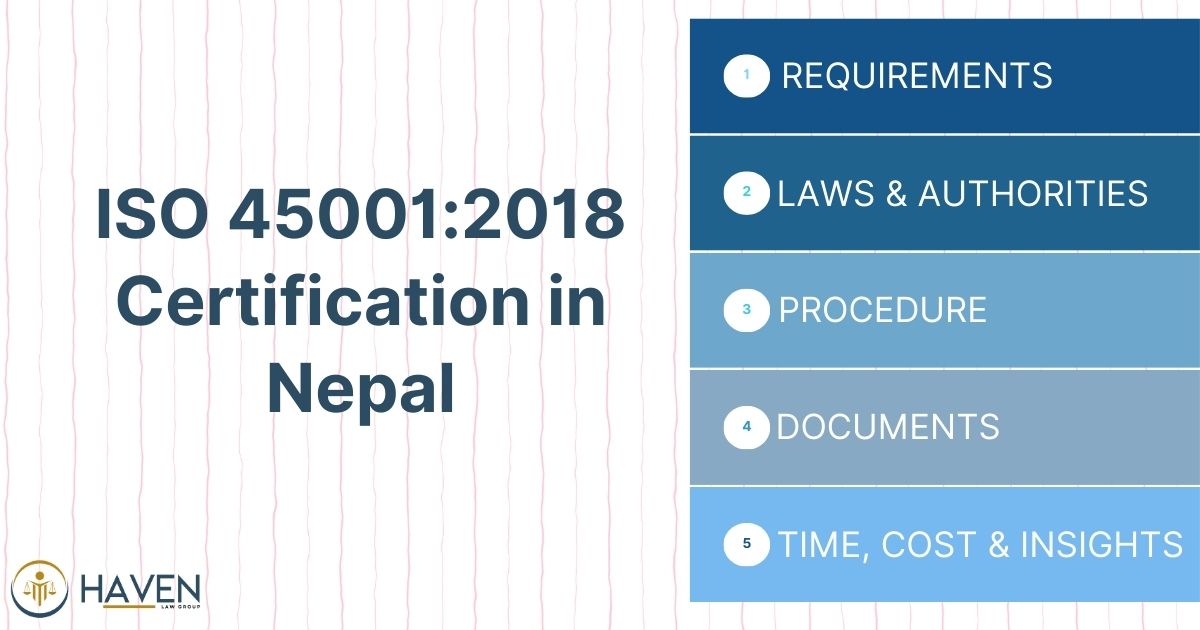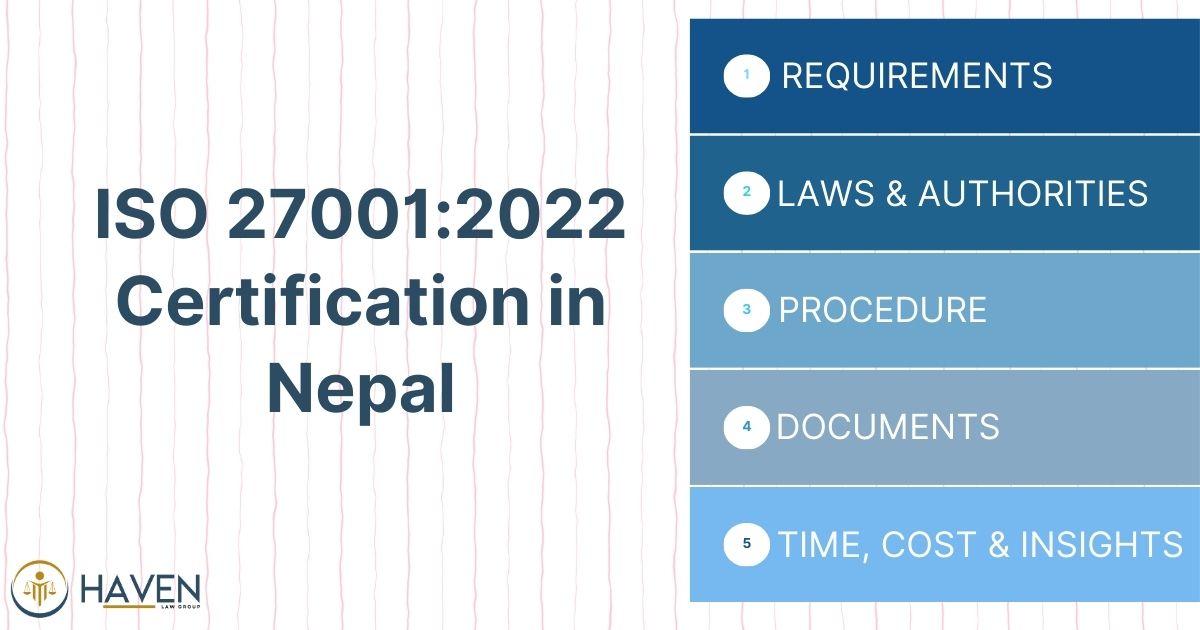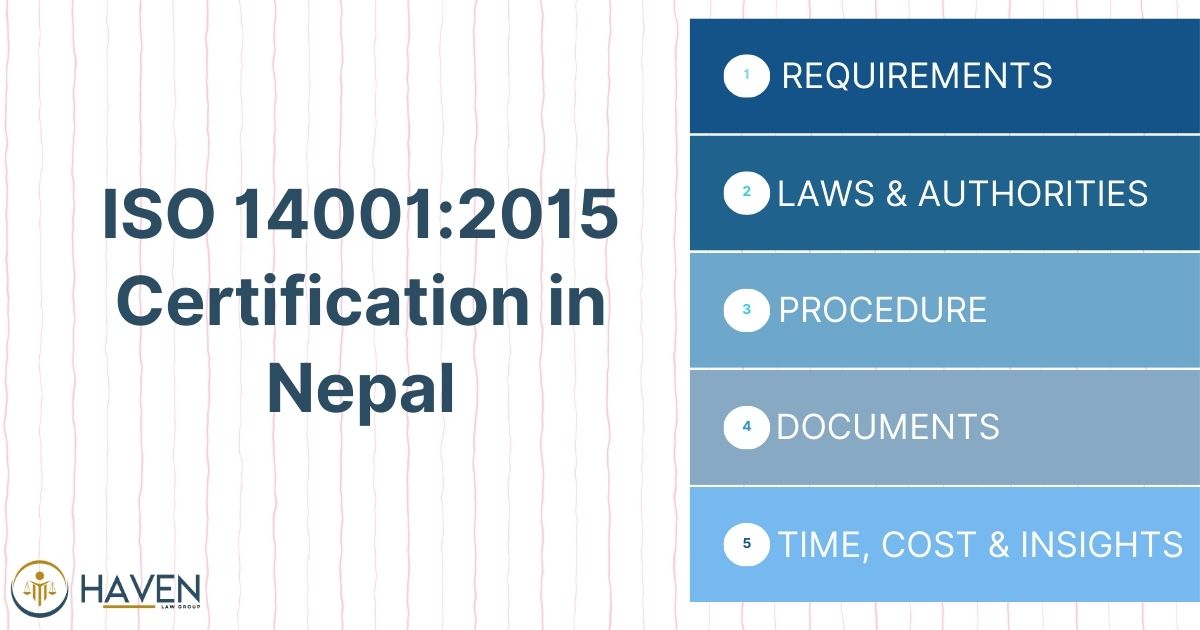Introduction
Share transfers form a fundamental aspect of corporate operations, allowing for the exchange of ownership within a company. This process involves the legal transfer of shares from one party to another, altering the composition of shareholders. Understanding the intricacies of share transfers, including the various types of share transfers, is essential for companies, shareholders, and potential investors. This guide provides a comprehensive overview of the share transfer process, outlining the necessary steps, legal requirements, and potential challenges. By following this guide, companies can ensure smooth and compliant share transfers, maintaining transparency and adhering to regulatory standards while enhancing their understanding of share transfers.
What is a Share Transfer?
A share transfer is a legal process where ownership of shares in a company is moved from one party (the transferor) to another (the transferee). This transaction, which can vary in nature such as share transfers for sale, gift, or inheritance, involves the sale of shares resulting in a change of ownership recorded in the company’s share register. Share transfers can occur between existing shareholders, to new shareholders, or as part of corporate restructuring. The process typically involves the execution of transfer documents, approval from relevant parties, and updating of company records. Share transfers are governed by the Companies Act 2063 (2006) in Nepal, which outlines the procedures, rules, and requirements for such transactions involving share transfers.
Importance of Proper Share Transfers
Proper execution of share transfers is crucial for maintaining legal compliance and ensuring smooth corporate governance. Accurate share transfers help maintain transparency in ownership structures, which is essential for investor confidence and regulatory compliance. Properly documented transfers protect the rights of both transferors and transferees, reducing the risk of future disputes. Additionally, correct share transfers are vital for tax purposes, as they affect capital gains calculations and dividend distributions. For companies, maintaining accurate records of share transfers is essential for decision-making processes, especially in matters requiring shareholder voting. Proper share transfers also facilitate smoother mergers, acquisitions, and other corporate transactions by providing a clear picture of the company’s ownership structure.
Understanding the importance of properly documented share transfers can help mitigate risks related to ownership disputes and ensure compliance with legal standards. Companies should prioritize efficient share transfers to enhance operational effectiveness.
Legal compliance is critical in ensuring that all share transfers are executed in accordance with existing laws governing share transfers, particularly in markets where regulations are strict.
Legal Requirements for Share Transfers
In Nepal, share transfers must comply with the Companies Act 2063 (2006) and the company’s Articles of Association. Key legal requirements include:
- Execution of a valid share transfer deed
- Approval from the board of directors (if required by the Articles)
- Compliance with any pre-emption rights or transfer restrictions in the Articles
- Payment of applicable stamp duty on the transfer deed
- Registration of the transfer in the company’s share register
- Issuance of new share certificates to the transferee
- Notification to the Office of the Company Registrar within 30 days of the transfer
Documentation for share transfers is vital, including the need for accurate records that reflect the share transfers in a timely manner to avoid complications in future transactions.
Companies must ensure that all share transfers adhere to these legal requirements to maintain compliance and avoid potential penalties or legal challenges. It’s advisable to consult with legal professionals to ensure all necessary steps are followed correctly.
Documents Needed for Share Transfers
The following documents are typically required for share transfers in Nepal:
Ensuring all necessary documents for share transfers are prepared accurately can help facilitate smoother share transfers and minimize potential delays.
- Share Transfer Deed (Form No. 21 as per the Companies Act)
- Original share certificate(s) of the transferor
- Board resolution approving the transfer (if required)
- Identification documents of both transferor and transferee (citizenship certificate or passport)
- PAN (Permanent Account Number) of both parties
- NOC (No Objection Certificate) from other shareholders (if applicable)
- Valuation report (for transfers at a premium or discount)
- Stamp duty payment receipt
- Share purchase agreement (for sale transactions)
- Power of attorney (if the transfer is executed by a representative)
Ensuring all necessary documents are properly prepared and executed is crucial for a smooth and legally compliant share transfer process.
Directors play an essential role in overseeing share transfers and ensuring all share transfers comply with the regulations set forth in the Articles of Association.
Steps to Transfer Shares in a Private Company
- Review the company’s Articles of Association for any transfer restrictions
- Obtain board approval if required by the Articles
- Execute the share transfer deed (Form No. 21)
- Pay applicable stamp duty on the transfer deed
- Submit the transfer deed and supporting documents to the company
- Obtain approval from the board of directors
- Update the company’s share register
- Cancel the old share certificate and issue a new one to the transferee
- File necessary documents with the Office of the Company Registrar
- Update the company’s records and inform relevant stakeholders
Following these steps ensures a systematic and compliant share transfer process, minimizing the risk of legal issues or disputes.
Compliance with the Articles of Association is crucial for all share transfers to avoid legal consequences stemming from invalid transfers.
Role of Shareholders and Directors in the Process
Shareholders and directors play distinct roles in the share transfer process. Shareholders, as owners of the company, have the right to transfer their shares subject to any restrictions in the Articles of Association. They are responsible for initiating the transfer process, executing the transfer deed, and providing necessary documentation. Directors, on the other hand, are responsible for overseeing the transfer process and ensuring compliance with legal requirements and the company’s Articles. Their duties include:
- Reviewing and approving transfer requests
- Ensuring compliance with pre-emption rights and transfer restrictions
- Verifying the authenticity of transfer documents
- Updating the company’s share register
- Issuing new share certificates
- Notifying the Company Registrar of the transfer
Companies must review and update their procedures regarding share transfers to align with current legal standards and internal policies on share transfers.
Directors must act in the best interest of the company and ensure that all share transfers are conducted fairly and transparently.
Compliance with the Articles of Association
The Articles of Association play a crucial role in share transfers, often containing specific provisions that govern the process. Companies must ensure strict compliance with these provisions, which may include:
It’s essential for companies to monitor changes in regulations affecting share transfers to ensure all practices remain compliant.
- Pre-emption rights giving existing shareholders first refusal on share transfers
- Restrictions on transfers to non-shareholders or specific individuals
- Requirements for board approval of transfers
- Valuation methods for share pricing
- Procedures for resolving disputes related to transfers
Failure to comply with the Articles can result in invalid transfers, legal disputes, and potential financial losses. Companies should regularly review and update their Articles to ensure they align with current business needs and legal requirements. In cases where the Articles conflict with statutory provisions, the Companies Act 2063 (2006) typically takes precedence.
Timeline for Completing Share Transfers
The timeline for completing share transfers can vary depending on the complexity of the transaction and the company’s internal processes. However, a typical timeline might look like this:
- Preparation of transfer documents: 1-2 days
- Obtaining board approval (if required): 1-7 days
- Execution of transfer deed and payment of stamp duty: 1-2 days
- Submission of documents to the company: 1 day
- Review and approval by the board: 1-7 days
- Updating share register and issuing new certificate: 1-3 days
- Filing with the Company Registrar: Within 30 days of transfer
The entire process can take anywhere from a few days to several weeks, depending on the efficiency of the parties involved and any complexities in the transfer. Companies should strive to complete transfers as quickly as possible to minimize uncertainty and maintain accurate records.
Cost and Fees for Share Transfers
Share transfers in Nepal involve various costs and fees, which may include:
- Stamp duty: 0.5% of the transfer value or face value of shares, whichever is higher
- Registration fee: As per the Company Registrar’s schedule
- Legal fees: Varies depending on complexity and legal assistance required
- Valuation fees: If a valuation report is needed for premium or discounted transfers
- Administrative costs: Internal company expenses for processing the transfer
The total cost can vary significantly depending on the value of shares being transferred and the specific circumstances of the transaction. Companies and shareholders should budget for these expenses to ensure smooth completion of the transfer process. It’s advisable to consult with financial advisors or legal professionals to get a more accurate estimate of potential costs for specific transfer scenarios.
Checklist for Smooth Share Transfers
To ensure a smooth share transfer process, companies and shareholders should follow this checklist:
- Review the Articles of Association for transfer restrictions
- Obtain necessary approvals (board, shareholders, regulatory)
- Prepare and execute the share transfer deed
- Collect all required supporting documents
- Pay applicable stamp duty
- Submit all documents to the company
- Verify compliance with legal requirements and Articles
- Update the share register and issue new certificates
- File necessary documents with the Company Registrar
- Inform relevant stakeholders of the transfer
- Maintain accurate records of the transfer process
Following this checklist helps ensure that all necessary steps are completed, reducing the risk of errors or omissions that could lead to legal issues or disputes.
Laws Governing Share Transfers
In Nepal, share transfers are primarily governed by the following laws and regulations:
- Companies Act 2063 (2006): Provides the legal framework for company operations, including share transfers
- Securities Act 2063 (2007): Regulates transfers of listed company shares
- Income Tax Act 2058 (2002): Governs tax implications of share transfers
- Stamp Duty Act 2019 (1962): Outlines stamp duty requirements for transfer documents
- Foreign Investment and Technology Transfer Act 2075 (2019): Regulates share transfers involving foreign investors
These laws collectively establish the legal requirements, procedures, and restrictions for share transfers in Nepal. Companies and shareholders must ensure compliance with all relevant laws to avoid legal complications and potential penalties. It’s advisable to stay updated on any amendments or new regulations that may affect share transfer processes.
Common Challenges and How to Resolve Them
Share transfers can face various challenges, including:
- Disputes over valuation: Resolve through independent valuation or mediation
- Non-compliance with Articles: Review and amend Articles if necessary
- Incomplete documentation: Implement a thorough document checklist
- Delays in board approval: Set clear timelines and follow up regularly
- Tax implications: Consult with tax advisors before proceeding
- Regulatory hurdles: Engage with relevant authorities early in the process
- Shareholder objections: Address concerns through open communication
- Errors in transfer documents: Double-check all information before submission
- Failure to notify regulators: Set up reminders for filing deadlines
- Disputes between transferor and transferee: Consider including dispute resolution clauses in agreements
Addressing these challenges proactively can help ensure smoother share transfers and minimize the risk of legal disputes or regulatory issues.
Record-Keeping and Register Updates
Accurate record-keeping is essential for proper share transfer management. Companies must:
Inquiries related to share transfers should be directed to qualified professionals to ensure a thorough understanding of the implications and procedures involved in share transfers.
- Maintain an up-to-date share register
- Record all transfer details promptly
- Keep copies of all transfer documents
- Update shareholder information regularly
- Ensure secure storage of all records
- Implement a system for easy retrieval of transfer information
- Regularly reconcile share register with issued share certificates
- Maintain a chronological record of all transfers
- Keep board minutes related to transfer approvals
- Retain records for the period specified by law (typically 7 years)
Proper record-keeping not only ensures compliance with legal requirements but also facilitates smoother corporate governance and future transactions.
Impact of Share Transfers on Ownership Structure
Share transfers can significantly impact a company’s ownership structure, potentially affecting:
- Control and voting rights
- Dividend distributions
- Decision-making processes
- Company valuation
- Shareholder agreements
- Corporate governance
- Potential for mergers or acquisitions
- Compliance with sector-specific ownership regulations
- Foreign investment ratios
- Stock market perceptions (for listed companies)
Companies should carefully consider these potential impacts before approving share transfers, especially those involving significant portions of the company’s shares. It’s advisable to conduct a thorough analysis of how proposed transfers might affect the company’s overall structure and operations.
FAQs
1. What is a share transfer?
A share transfer is the legal process of changing ownership of shares from one party (transferor) to another (transferee). It involves the execution of transfer documents, approval processes, and updating of company records to reflect the new ownership.
2. Can shares be transferred freely?
The ability to transfer shares freely depends on the company’s Articles of Association and any shareholder agreements. Many private companies have restrictions on share transfers, such as pre-emption rights or board approval requirements. Public companies generally allow freer transfer of shares.
3. Are transfer forms required?
Yes, transfer forms are required for share transfers in Nepal. The standard form is Form No. 21 as prescribed by the Companies Act 2063 (2006). This form must be properly executed by both the transferor and transferee.
4. What fees are involved in share transfers?
Fees involved in share transfers typically include stamp duty (0.5% of transfer value), registration fees with the Company Registrar, and potentially legal or administrative fees. The exact costs can vary depending on the specifics of the transfer.
5. How long does it take to transfer shares?
The time to transfer shares can vary from a few days to several weeks, depending on factors such as board approval processes, document preparation, and regulatory requirements. On average, a straightforward transfer might take 1-2 weeks to complete.
What is a share transfer in a company?
A share transfer refers to the process of changing ownership of company shares from one person or entity to another. It involves the current shareholder selling or giving their shares to a new shareholder, with the company updating its records to reflect this change in ownership.
Why would a shareholder transfer their shares?
Shareholders may transfer shares for various reasons:
1. To sell shares for financial gain
2. To gift shares to family members
3. For estate planning purposes
4. To exit the company
5. To bring in new investors
6. As part of a merger or acquisition deal
What are the types of share transfers in a private vs. public company?
In a private company, share transfers are typically:
Direct transfers between parties
Subject to restrictions in the company’s articles
Requiring director approval
In a public company, share transfers are usually:
Done through stock exchanges
Not restricted, unless specified otherwise
Not requiring company approval
What is the difference between share transfer and share transmission?
Share transfer involves a voluntary act of the shareholder to transfer ownership. Share transmission occurs automatically by operation of law, such as when shares pass to legal heirs upon a shareholder’s death.
Is share transfer allowed in all companies?
Most companies allow share transfers, but restrictions may apply:
1. Private companies often have transfer restrictions in their articles
2. Some shares may have transfer limitations
3. Regulatory approvals may be needed in certain sectors
What are the legal requirements for a share transfer?
Key legal requirements typically include:
1. A valid transfer instrument (e.g. share transfer form)
2. Payment of stamp duty
3. Compliance with company articles and shareholder agreements
4. Board approval (for private companies)
5. Updating the register of members
6. Issuing new share certificates
